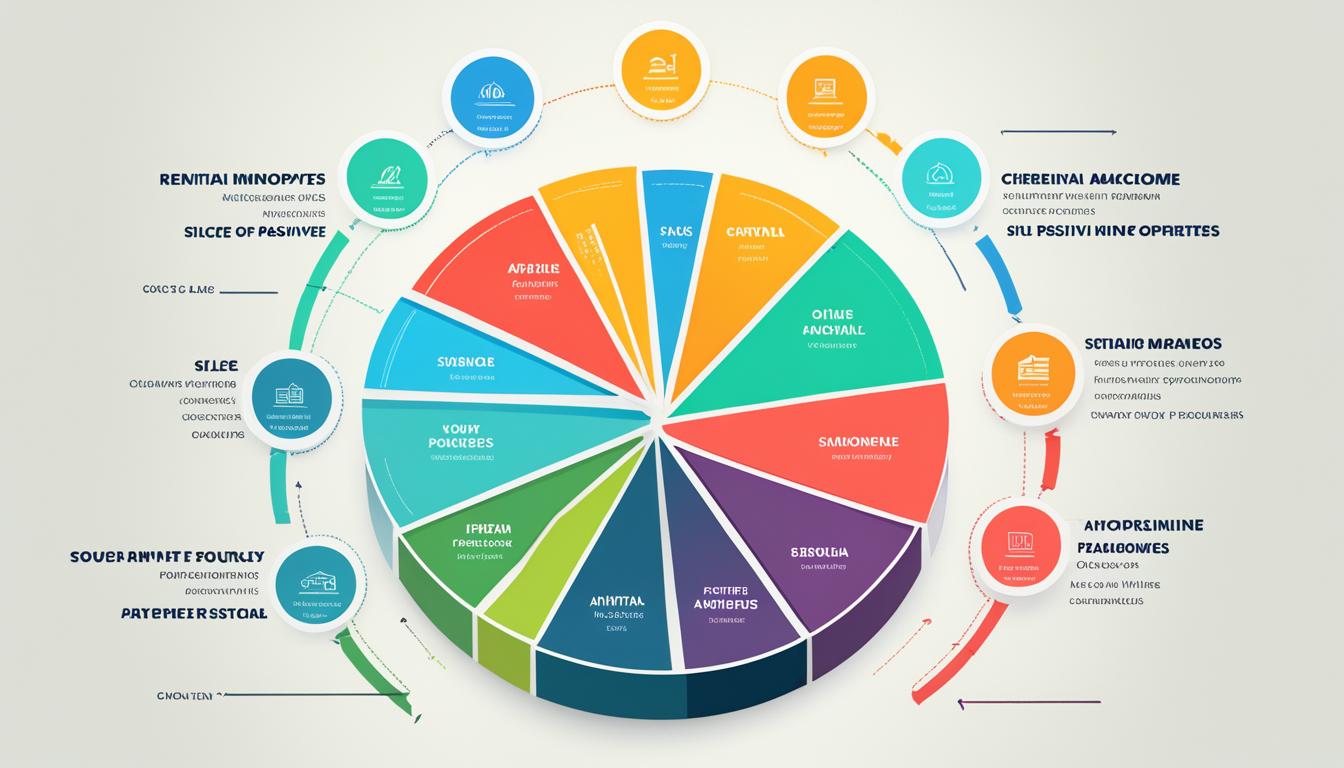Navigating the world of finance is like journeying through a labyrinth; it can be complex and intimidating.
‘From Novice to Expert: The Ultimate Guide to Financial Education Programs’ is your map. You’ll uncover the importance of financial literacy, explore top-rated programs, and learn how to navigate your chosen path.
You’ll also get expert tips to fuel your financial growth. You’re not just learning about money; you’re empowering yourself to make informed decisions and secure your financial future.
So, whether you’re a beginner or looking to deepen your knowledge, this guide has got you covered. Let’s start this journey together.
Understanding Financial Education Programs

In your journey toward financial literacy, understanding financial education programs is the first step you’ll need to take. These programs are designed to empower you with knowledge and skills to manage money effectively, make informed financial decisions, and achieve financial stability. But how can you determine the effectiveness of a program? That’s where program evaluation comes in.
Program evaluation is a systematic method for collecting, analyzing, and using information to answer questions about projects, policies, and programs, particularly about their effectiveness and efficiency. In both the public and private sectors, stakeholders often want to know whether the programs they’re funding, implementing, managing, or voting for are producing the intended effect.
While evaluating, it’s crucial to consider curriculum diversity. A program that offers diverse curriculum can cater to various learning styles, cultural backgrounds, and financial situations. It should cover a broad range of topics from basic money management, saving, investing, to retirement planning. This diversity in the curriculum not only ensures a comprehensive understanding of financial matters but also promotes inclusivity and accessibility.
In short, understanding financial education programs involves assessing their effectiveness through program evaluation and examining their curriculum diversity.
Importance of Financial Literacy

Building on what you’ve learned about financial education programs, it’s vital to understand why financial literacy is so important for your personal and economic well-being. Being financially literate empowers you to make sound decisions about your money, helping you to budget effectively, avoid debt, and plan for the future.
One of the main Financial Literacy Barriers that people face is a lack of understanding about basic financial concepts. From interest rates to investment strategies, if you’re not equipped with the knowledge to navigate these areas, you’re at risk of financial missteps. By overcoming these barriers through education, you can avoid costly mistakes and maximize your financial potential.
One of the key Benefits of Budgeting is the ability to control your financial destiny. Budgeting enables you to understand where your money is going, identify areas where you can save, and establish a plan to reach your financial goals. It’s a critical tool in your financial literacy arsenal, providing a clear picture of your financial health and a roadmap to financial stability.
Top-Rated Financial Education Programs

Now, let’s dive into some of the top-rated financial education programs that can help you enhance your financial literacy skills. When choosing a program, you should consider program accreditation. This ensures that the course meets certain standards of quality and relevancy.
Firstly, the Financial Planning Association’s Financial Planning Certificate Program stands out. It’s accredited by the Certified Financial Planner Board of Standards, which guarantees the course’s quality and applicability.
Secondly, the National Endowment for Financial Education offers an array of resources, including the High School Financial Planning Program. It’s a top-rated program with a focus on practical skills for students.
Lastly, the online program from the Association of Financial Counselors & Planning Education is also worth considering. It offers a comprehensive financial education with the flexibility of online learning.
You might be wondering how these programs compare. The Financial Planning Association’s program is more comprehensive, delving deeper into investment strategies and estate planning. The National Endowment’s course, however, emphasizes practical financial skills. The Association of Financial Counselors & Planning Education provides a balanced approach, covering a broad range of topics.
Navigating Your Chosen Program

Once you’ve selected a financial education program, it’s crucial to understand how to navigate it effectively to maximize your learning. Your program selection reflects your financial education goals. Now, it’s about leveraging course effectiveness to meet those goals.
Here are some tips to help you navigate your chosen program:
* Understand your course structure: Identify the main topics, subtopics, and the flow of concepts. This helps you anticipate what’s coming next and prepare accordingly.
* Utilize available resources: Most programs offer additional resources like eBooks, videos, or quizzes. Make the most of these for better understanding.
* Maintain consistent participation: Regular involvement in discussions, assignments, and quizzes keeps the concepts fresh in your mind.
* Seek help when needed: Don’t hesitate to use help forums or reach out to instructors when you’re stuck.
* Regularly review and reflect: This helps reinforce what you’ve learned and identify areas that need reinforcement.
Expert Tips for Financial Growth

While you’ve been diligently learning and applying financial concepts, it’s essential to remember that your financial growth doesn’t just hinge on knowledge, but also on effective strategies and smart decisions. Mastering investment strategies can kickstart your growth journey. Don’t shy away from diversifying investments across different asset classes. This strategy mitigates risks and increases potential returns.
Equally important is the role of debt management. It’s crucial to understand that not all debt is bad. Strategic debt, like student or business loans, can propel you towards financial growth. However, it’s imperative to maintain a balance. High-interest debts, such as credit card debts, can erode your financial health. Prioritize paying these off while still making smart investments.
Conclusion
From novice to expert, the journey through financial education programs is a game-changer. You’ve learned the importance of financial literacy and explored top-rated programs.
Now, it’s time to navigate your chosen path with newfound knowledge and confidence. Remember, juxtaposing spending habits with saving strategies exposes a stark reality, pushing growth.
Your financial future is at your fingertips, so embrace these expert tips to magnify your monetary prowess.



 I'm Chris, 34 yo from Toronto (CA), I'm a journalist with a PhD in journalism and mass communication. For 5 years, I worked for some local publications as an envoy and reporter.
Today, I work as 'content publisher' for InformOverload.
I'm Chris, 34 yo from Toronto (CA), I'm a journalist with a PhD in journalism and mass communication. For 5 years, I worked for some local publications as an envoy and reporter.
Today, I work as 'content publisher' for InformOverload. 
 Passionate about global news, I cover a wide range of topics including technology, business, healthcare, sports, finance, and more.
If you want to know more or interact with me, visit my social channels, or send me a message.
Passionate about global news, I cover a wide range of topics including technology, business, healthcare, sports, finance, and more.
If you want to know more or interact with me, visit my social channels, or send me a message.

